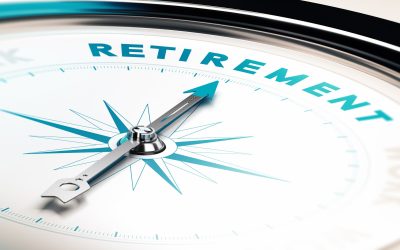
You might expect your tax burden to decrease in retirement – after all, you’re no longer receiving a paycheck that incurs income tax, the payroll tax, and Medicare tax. However, your income in retirement could be significant, between investment income, rental properties, pensions, Social Security, and retirement account withdrawals. Starting at age 72, you likely must take Required Minimum Distributions (RMDs) from your traditional retirement accounts, which could potentially increase your taxable income. And considering the mounting national debt and a new president who has proposed several tax-increasing policies, you might be concerned about taxes in retirement. So, how can you work to minimize those taxes? One potential strategy is to do a Qualified Charitable Distribution.
What Is a QCD?
A Qualified Charitable Distribution (QCD) is a withdrawal from an IRA that is directly given to a qualified charity and is not subject to tax.[1] Starting at age 72, you will most likely have to start taking Required Minimum Distributions (RMDs) from your IRA or other traditional retirement account.[2] The amount you must take out every year is based on your age and account balance and could cause you to withdraw more than you normally would. Since distributions are taxed as ordinary income, this can potentially mean an increased tax burden later in retirement. A QCD counts towards your RMD for the year and can be a way to give to a charity you want to help while reducing your tax burden. For retirees who don’t need all of the money they are required to withdraw each year from their IRA, a QCD is a potential option for meeting RMD requirements without increasing their tax basis.
What Are the Rules?
First of all, contributions must be made to an eligible charity approved by the IRS. These include 501(c)(3)s and houses of worship, but not donor-advised funds. In order to qualify for the tax break, distributions must be made directly to the charity, not withdrawn as income and then donated. IRA owners must be at least 70 ½ years old to make a QCD, although RMDs do not actually begin until age 72. An IRA owner can withdraw as much of their IRA per year as they want but can only make a QCD of up to $100,000 per year.[3] The right time to make a QCD and how much to give depends on your unique situation, and we can help you strategize as well as explore other tax minimization methods.
We understand that there are reasons why your tax burden could increase in retirement and want to work with you to help minimize them. Tax and income planning are important parts of a comprehensive retirement plan, and QCDs are just one potential strategy you can use. To start exploring tax minimization strategies in retirement, sign up for a complimentary financial review.
[1] https://www.irs.gov/retirement-plans/retirement-plans-faqs-regarding-iras-distributions-withdrawals
[2] https://www.irs.gov/retirement-plans/plan-participant-employee/retirement-topics-required-minimum-distributions-rmds
[3] https://www.irs.gov/newsroom/how-the-cares-act-changes-deducting-charitable-contributions



